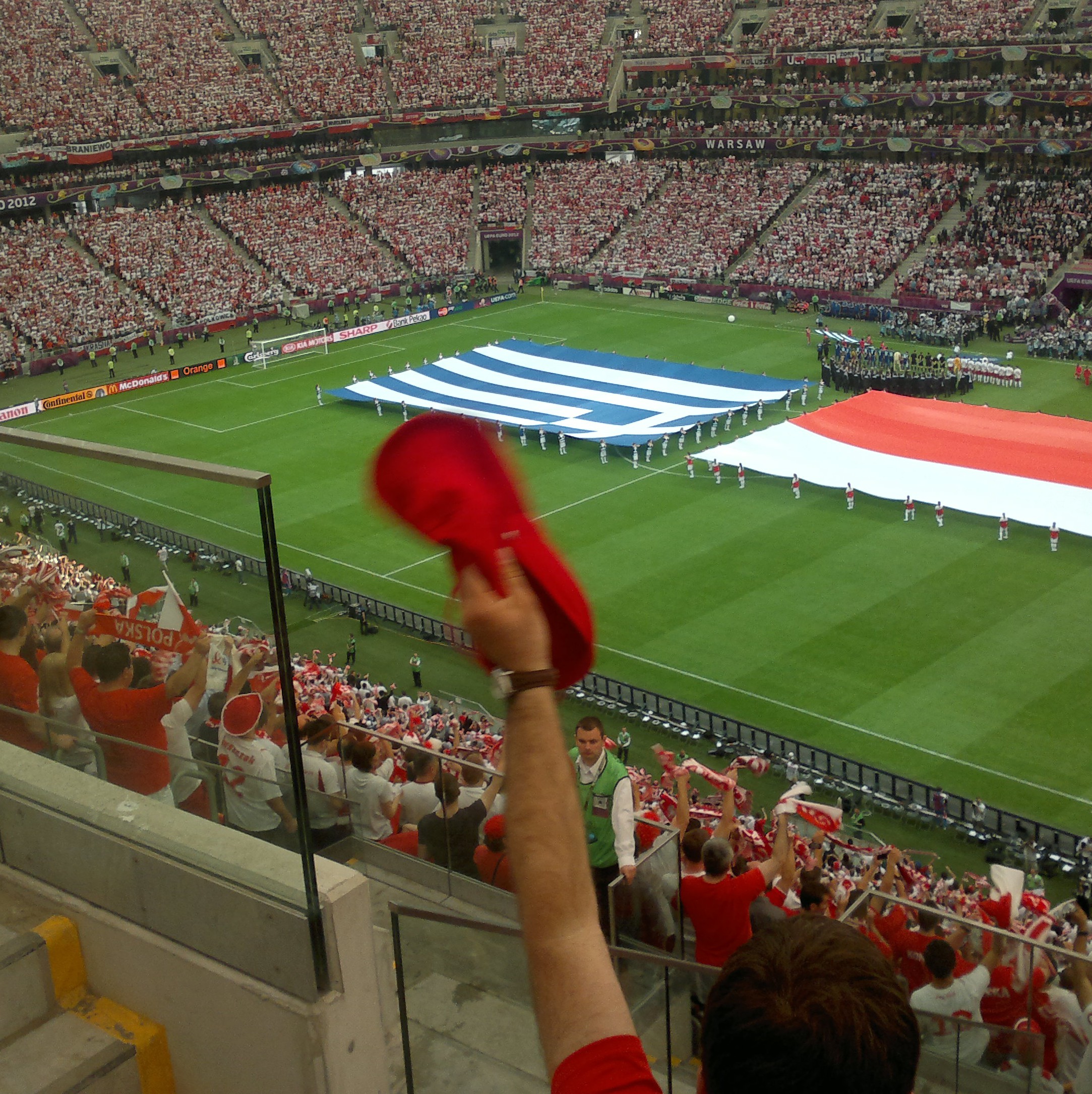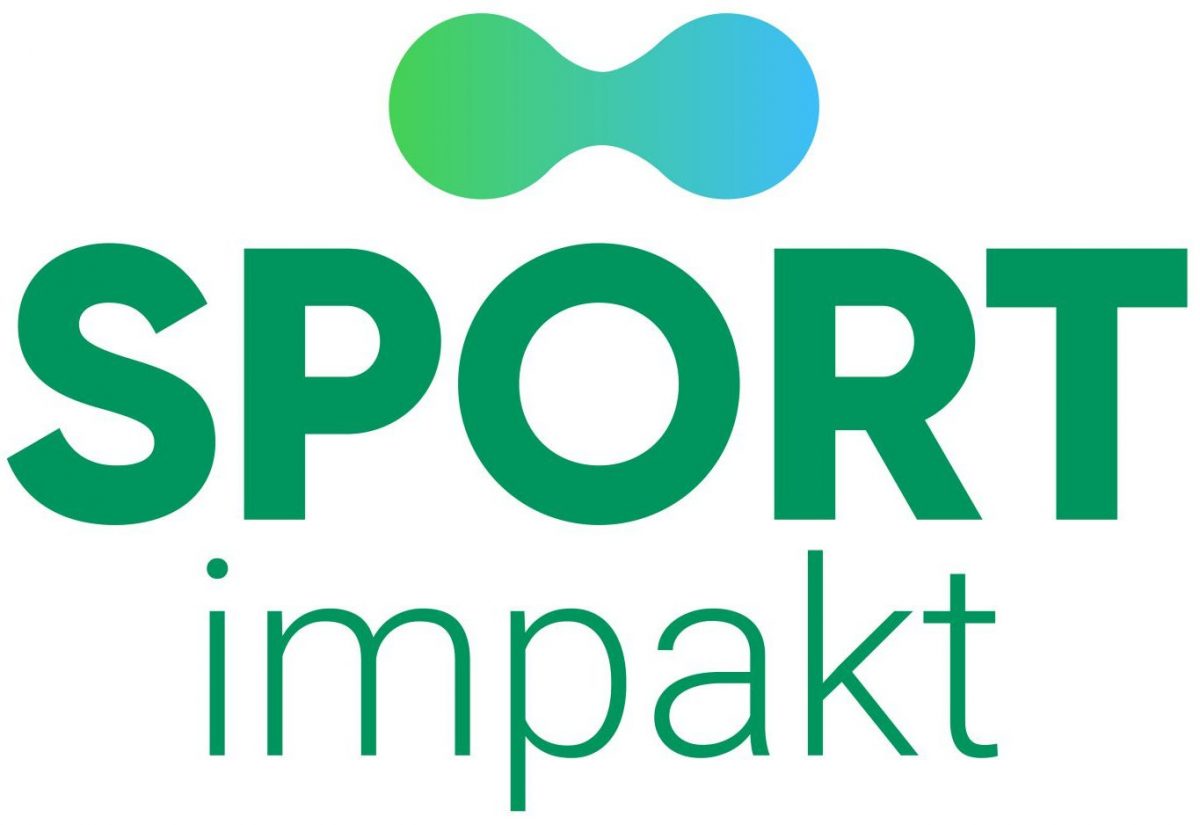Evaluation of UEFA EURO 2012 projects (UEFA’s Respect campaign)
In cooperation with a Schwery Consulting, a Swiss consultancy firm, we examined the impact of several social projects accompanying the European Football Championships in Poland and Ukraine. The projects were undertaken under the auspices of the UEFA Respect programme and referred to the areas supposedly influenced by hosting a large-scale sporting event. These areas included: cooperation with football fans, extending access to stadiums to people with disabilities, health promotion amongst children, sport participation in public spaces; and building race awareness. Supplementary to this, we conducted a study in all Polish Host Cities about transport usage, including measurement of public transport satisfaction levels.
In this project we learned a lot about the workflow of global organisations such as UEFA, especially in the area of social responsibility.

Research project for the National Lottery Foundation and the Ministry of Sport and Tourism
Why do so many young people drop-out of sports participation?
Middle school is often the border between physically active childhood and sedentary adolescence. The reason for this dramatic drop-off in sports participation was our main point of interest in this unique piece of research.
For this study we convinced the National Million Dreams Foundation to choose an ethnographic methodology. To understand the retreat from physical activity with age, we needed in-depth knowledge about the situation. Our researchers spent two weeks with several young people from rural communities, small towns, and cities to reveal the factors affecting teenagers’ approaches towards physical activity. Some of our conclusions were that:
- parents and teachers put enormous pressure on teenagers regarding their academic performance. Sport was considered to be a threat and disturbance to this, rather than as a factor having a positive impact on their educational development. Parents considered sport to be an alternative to learning, not a reinforcement.
- while young people have positive sporting experiences from early childhood, at some point they have much fewer chances for continuing their institutional engagement (due to very limited offer of sport clubs for adolescents and unfavourable chsnges in parental support)
Health and sport group
During our research work and evaluation of some of the largest sport programmes aimed at increasing participation in sport in Poland, we discovered a worrying paradox. Apart from the strategic policy documents, there was no practical connection between sport and health policies. Moreover, actors from the two sectors seldom met or cooperated. Even on a national level the Ministries appeared to work independently of each other. On the one hand, the medical sector does not promote sport in treatment, while on the other hand, sport institutions have very limited awareness of sport as a tool for promoting health, especially its social dimensions.
Therefore, we decided to establish an inter-sectoral group of experts who could initiate cooperation between the two sectors. The aims were to recognize crucial fields of cooperation to make inter-sectoral partnership sustainable. The discussed areas included increasing availability and accessibility of data, building a bank of good practices about collaborations (national & international examples), creating a proper space for the continued exchange of ideas, and tools for coordinating the consistency of policy and practice.
